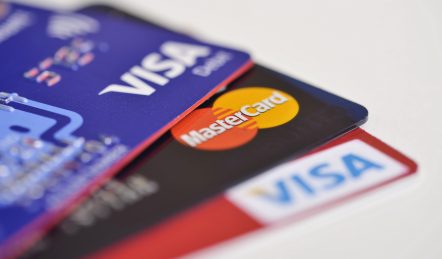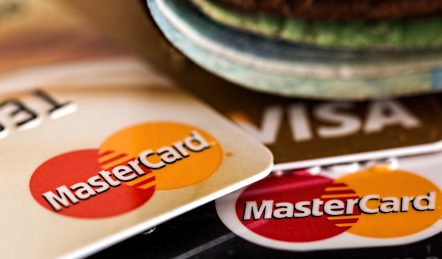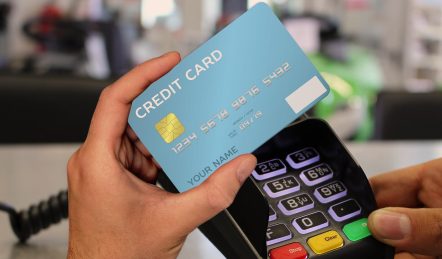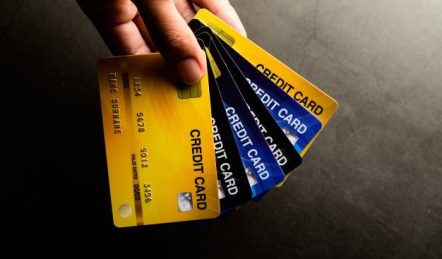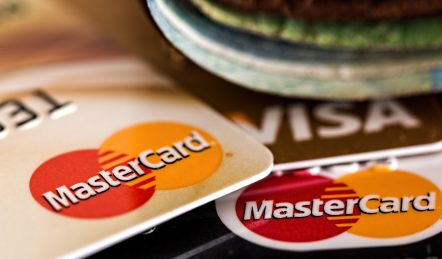Obtaining a Credit Card – How to Apply
There are several ways of paying, but credit cards are the most popular. There is a high possibility that you’ll find a credit card in almost every wallet. A credit card can be a lifesaver in many ways. It allows you to buy goods and pay for them later, allowing you to have more control over your finances. A credit card, when used wisely, can assist you in managing your finances and costs.
Credit cards, on the other hand, are not all the same. For each card, there are varying conditions for qualification and application, as well as a variety of perks. Therefore, it’s critical to understand what you’re getting into when applying for a new credit card.

How To Apply For A Credit Card
What about a new credit card in your purse or wallet? You can obtain a new card at any moment. It’s good to conduct some research before filling out the application.
Check out the many sorts of credit cards before applying for one. Based on your current financial situation, you can decide whether or not to take one card over another. It’s an excellent decision to shop around for credit cards and evaluate the annual fees, interest rates, and rewards programs offered.
Additionally, you can research the requirements for each credit card to determine which ones you may qualify for. With this article, we will assist you in selecting the appropriate credit card for your situation.
Who Is Eligible to Apply for Credit Cards?
Credit card applications are open to everyone. However, obtaining a credit card requires submitting an application and being authorized.
To be eligible for a credit card, you must be at least 21 years old or have the approval of your parents and a stable source of income. Once you’ve applied for a credit card, you may be asked to complete further requirements or provide additional documentation. Factors in the process can include:
- Providing evidence of citizenship;
- Ascertaining that you have a source of revenue, and
- You have a good credit history or score.¹
Credit card firms will use all of this information to assess your risk and creditworthiness. Anyone who applies for a credit card and meets the criteria or standards for that card can have their application approved.
5 Types of Credit Cards
There are numerous sorts of credit cards available. There are also credit cards made specifically for certain customers. That’s why it’s so crucial to take your money and spending habits into account when choosing a credit card.
Individuals utilize their credit cards in a variety of ways. Credit cards may be used exclusively by some people for significant purchases. Other people may use their credit cards for ordinary expenses, such as gas and groceries. To cover day-to-day costs, business owners may require a credit card. Various credit cards are better suited for these kinds of transactions. Some of the most commonly used credit cards are listed below.
1. Purchase Credit Cards
For new cardholders, most purchase credit cards offer a promotional period during which they can pay no interest on their purchases. Anyone looking to make a big purchase can benefit significantly from using this type of credit card.
For a limited time, you can buy an expensive item without paying interest. As soon as the promotional time expires, interest will be imposed on the loan. At this time, your purchase credit card will function in the same manner as any other credit card.
2. Rewards Credit Cards
For every dollar spent on a rewards credit card, the cardholder receives a reward. Cashback, travel miles, hotel points, store credits, and even rotating rewards are all examples of these perks. You may be rewarded for each purchase or for shopping at specific stores.
It is common for these credit cards to have relatively high annual fees and interest rates. Because of this, it is critical to evaluate if the benefits outweigh the costs.
3. Balance Transfer Credit Cards
Those who already have a significant balance on a credit card can benefit significantly from the balance transfer credit card. With a balance transfer card, you can transfer debt from one credit card to another at a reduced interest rate for a limited time. It may be less expensive and easier to pay off debt with these credit cards than with others.
4. Credit Builder Credit Cards
A credit builder credit card is created to assist you in establishing credit. People with a limited credit history, poor credit ratings, or who borrowers might deem to be “high risk” might consider this option.
Even though these cards have limited credit limits, they can demonstrate to potential lenders that you are trustworthy, make your payments on time, and are financially responsible.
5. Money Transfer Credit Cards
It’s possible to borrow money from your credit card using a money transfer credit card. Using this credit card, you can move funds to your personal bank account for a bit of cost. You will subsequently repay the money on your monthly credit card statement. In addition, several transfer cards provide promotional periods with no or low interest rates.
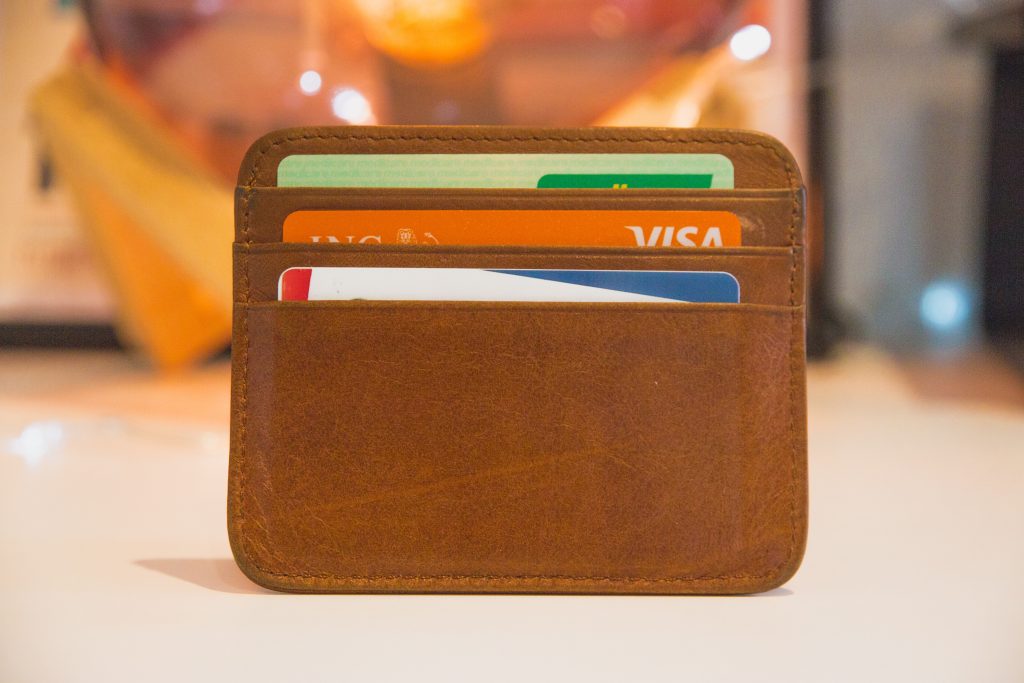
The Perks of Using a Credit Card
A credit card can be very useful, primarily if you use one that benefits you for your transactions. However, many people are reluctant to get a credit card due to the possibility of accruing significant monthly payments and interest costs. But indeed, having a credit card has several advantages.
1. Credit Cards Provide Benefits
There are now several credit cards that offer some form of reward. Incentives are among the most important perks for credit cardholders, whether it’s a modest percentage of cashback upon each transaction, travel incentives, or cash-back bonuses on specific purchases.
Some credit cards may also offer additional perks that aren’t extensively advertised. The following are possible benefits of using your card:
- Free access to airport lounges
- First-class airline boarding privileges
- Insurance
- Some expenses will be reimbursed
- Concierge service
2. Credit Ratings are Boosted by Responsible Credit Card Use
You can improve your credit rating through responsible use of your credit card. To make responsible use of a credit card, you should do the following.
- Paying your bills on time
- Keeping from amassing enormous amounts of debt
- Paying a large chunk of your debt each month
Responsibly using a credit card can help by demonstrating a history of timely payments and having adequate credit. Both of these things have the potential to improve your credit score, and the way lenders assess your credit history.
3. Credit Cards Come With Anti-Fraud Protection
There are several instances where a bank card will not be able to safeguard you and your money, but a credit card can. In most cases, reliable credit cards provide some fraud protection.
As a result, if someone steals your credit card and uses it to make a slew of purchases, you will not be held responsible. Any illegal charges or fraud won’t cost you a penny. This might be a huge relief when it comes to today’s high rate of identity theft.
4. Credit Cards Provide Purchase Protection
Even if a warranty covers your product, you may be able to get additional protection through your credit card. It can even protect products that you would typically be unable to secure a warranty for.
Purchasing protection is available on most credit cards, so you may file a claim if the goods you buy are damaged or stolen. If something goes awry, you won’t have to deal with a tiresome return policy, which can save you money and time.
Reference:
¹How To Apply For A Credit Card (And Approval Requirements)



